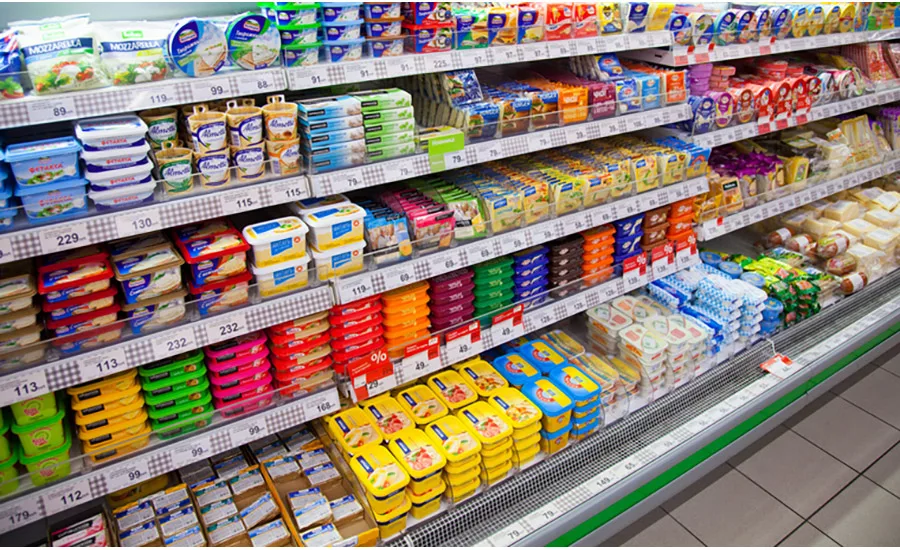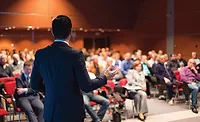BASF to Showcase Solutions for the Packaging Life Cycle at interpack 2020
In terms of mechanical recycling solutions, BASF has reportedly developed adhesives for flexible packaging that facilitate the separation of multi-layer structures.

At interpack 2020, which will be held in Düsseldorf on May 7-13, personnel from BASF and BTC Europe, BASF’s European distribution organization, will present a range of plastics, dispersions for adhesives, and resins and additives for printing inks and barrier coatings in hall 10, booth B43. According to BASF, solutions focus on the entire life cycle of the packaging products, from production and use to recovery options at the end of the service life.
In terms of production, BASF reports that the focus is on achieving process efficiency, product effectiveness, and reduced emissions through the use of alternative feedstocks. BASF is planning to showcase products made from bio-based raw materials obtained from responsible sources, as well as products made from recycled plastic waste. The use of alternative feedstock helps conserve fossil fuels, reduces greenhouse gas emissions, and diversifies the product range. In addition, the mass balance approach reportedly ensures that more raw materials from organic waste and vegetable oils or plastic waste are used within BASF’s Verbund production system. Alternative feedstock is added at the very beginning of the Verbund production system and then allocated to the respective sales products using an independently certified method. The products are of the same quality and properties. Another showcased solution to reduce emissions are BASF’s water-based technologies. As an alternative to solvent-based technologies, they improve occupational health and safety while reducing the CO2 footprint.
During their use phase, packaging solutions have to ensure safe handling and reliably preserve the quality of the packaged goods. BASF reports that its solutions provide added benefits such as lower packaging weight, which reduces the amount of resources used and packaging waste generated. In addition, BASF materials reportedly maintain the safety and extended shelf life of packaged goods, an important factor for sensitive applications such as the packaging of fresh foods. At the same time, this helps to reduce food waste.
At the end of the service life, the most appropriate recovery option should be chosen to manage packaging waste to keep it from being sent to landfills or incineration facilities. BASF will be exhibiting solutions for the chemical, mechanical, and organic recycling of packaging products. BASF’s ChemCycling™ project reportedly focuses on chemical recycling to provide virgin-grade material based on recycled plastic waste, allowing the high-value recovery also for plastics for which there are currently no other recycling solutions or capacities are lacking.
In terms of mechanical recycling solutions, BASF has developed special adhesives for flexible packaging that facilitate the separation of multi-layer structures. In addition, certified compostable materials make organic waste easier to collect and to recycle in large quantities. This counteracts the inefficiency and the greenhouse gases emitted by other disposal methods for organic waste. At the same time, high-quality compost or organic feedstock is produced that can be used for new products.
For more information, visit www.basf.com/interpack2020. Details regarding interpack 2020 are available at www.interpack.com.
Looking for a reprint of this article?
From high-res PDFs to custom plaques, order your copy today!




.webp?height=200&t=1702518831&width=200)
